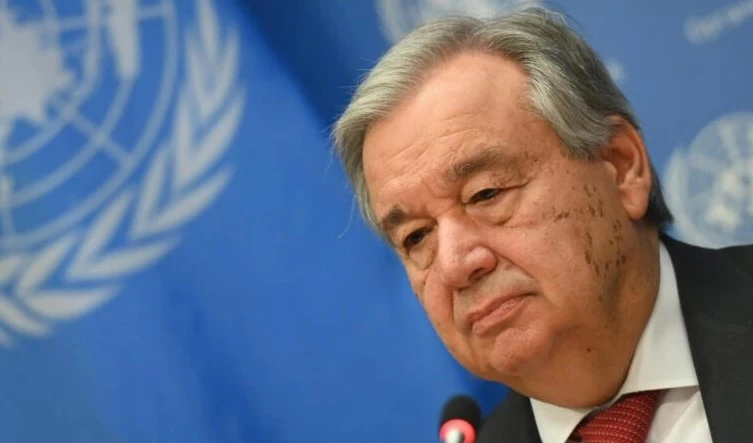UN says Myanmar executions could mount to 'war crimes'
A UN official says the Myanmar junta's intentions to kill political opponents might amount to war crimes or crimes against humanity.
-

Nicholas Koumjian, head of the UN's investigative Mechanism for Myanmar
A UN official said Monday that the Myanmar junta's intentions to murder political opponents might amount to war crimes or crimes against humanity.
On June 3, the junta announced the execution of a former legislator from Aung San Suu Kyi's party and a notable democracy campaigner, both convicted of terrorism, in the country's first judicial executions since 1990.
According to a local monitoring group, more than 1,700 people have been killed and over 13,000 have been detained in a crackdown on opposition since the coup.
Read more: More than 30 killed, bodies burned in Myanmar
Four prisoners, including former MP Phyo Zeya Thaw and democracy campaigner Ko Jimmy, "who were sentenced to death will be hanged according to prison procedures", junta spokesperson Zaw Min Tun told AFP at the time.
The head of the UN's Independent Investigative Mechanism for Myanmar, Nicholas Koumjian, said he was keeping a careful eye on the situation.
"The available information strongly suggests that under international law, fundamental rights of the convicted persons were blatantly violated in these proceedings," Koumjian said of the trials, which were unavailable to the public.
He added that "imposing a death sentence, or even a period of detention, on the basis of proceedings that do not satisfy the basic requirements of a fair trial may constitute one or more crimes against humanity or war crimes."
After seizing power last year, the military executed dozens of anti-coup activists as part of its crackdown on dissent, despite the fact that Myanmar has not carried out an execution in decades.
To be considered fair, a trial, according to Koumjian, must be held in public to the greatest extent possible.
"Exceptions based on national security or other considerations must be limited to the extent that they are strictly justified," he stressed.
However, "it appears that there were no public proceedings nor are the judgments publicly available" in these cases.
This prompted concerns about the tribunal's impartiality and independence, he noted.
The UN human rights council established the Myanmar mechanism in 2018. Its mission is to collect and document evidence of international crimes and human rights breaches in former Burma in order to facilitate judicial procedures.

 3 Min Read
3 Min Read










